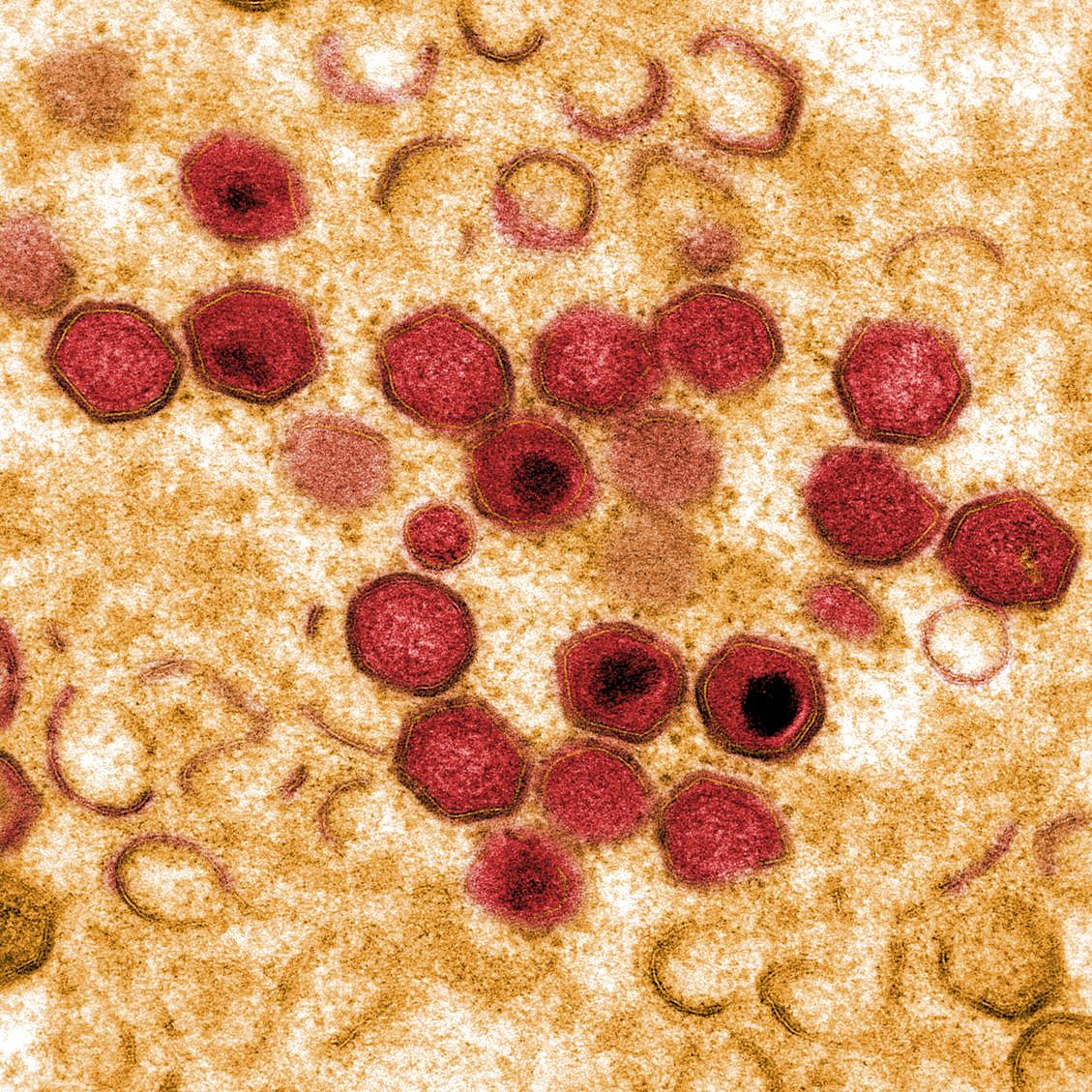Interaction of porcine monocyte-derived dendritic cells with African swine fever viruses of diverse virulence
African swine fever (ASF) is a devastating disease for which there is no vaccine. The ASF virus (ASFV) can infect dendritic cell (DC), but despite the critical role these cells play in induction of adaptive immunity, few studies investigated their response to ASFV infection. We characterized the in vitro interactions of porcine monocyte-derived DCs (moDC) with a virulent (22653/14), a low virulent (NH/P68) and an avirulent (BA71V) ASFV strain. At a high multiplicity of infection (MOI = 1), all three strains infected immature moDC. Maturation of moDC, with IFN-α/TNF-α, increased susceptibility to infection with 22653/14 and other virulent strains, but reduced susceptibility to NH/P68 and BA71V. The reduced moDC susceptibility to BA71V/NH/P68 was IFN-α mediated, whereas increased susceptibility to 22653/14 was induced by TNF-α. Using an MOI of 0.01, we observed that BA71V replicated less efficiently in moDC compared to the other isolates and we detected increased replication of NH/P68 compared to 22653/14. We observed that BA71V and NH/P68, but not 22653/14, downregulated expression of MHC class I on infected cells. All three strains decreased CD16 expression on moDC, whereas ASFV infection resulted in CD80/86 down-regulation and MHC class II DR up-regulation on mature moDC. None of the tested strains induced a strong cytokine response to ASFV and only modest IL-1α was released after BA71V infection. Overall our results revealed differences between strains and suggest that ASFV has evolved mechanisms to replicate covertly in inflammatory DC, which likely impairs the induction of an effective immune response.
